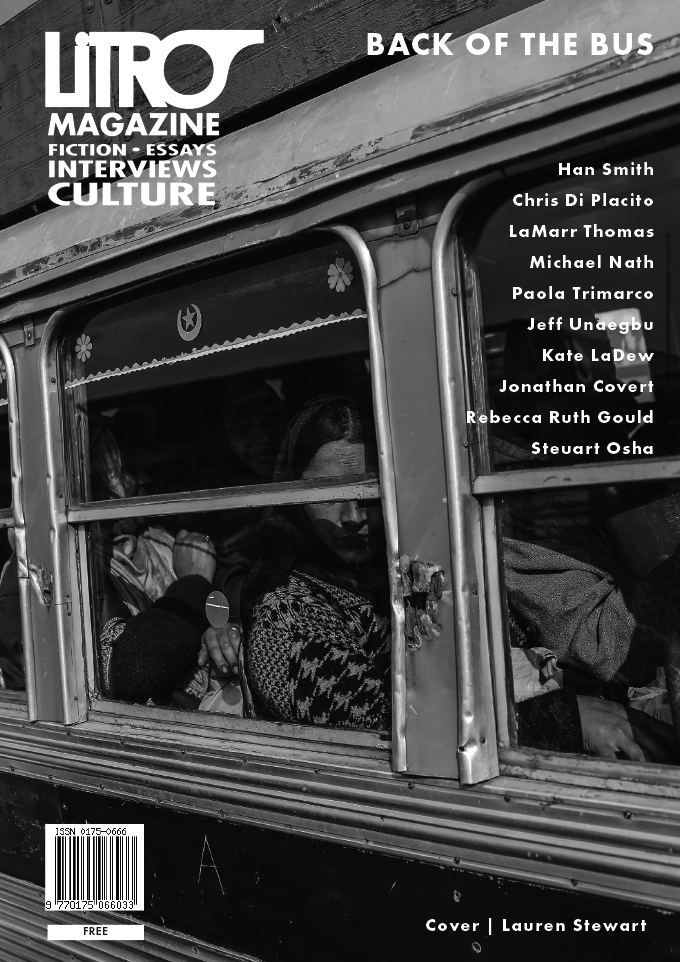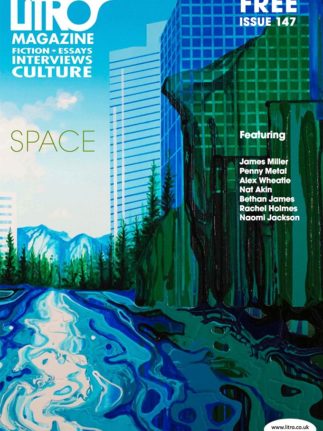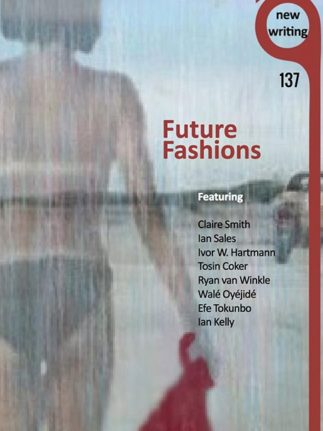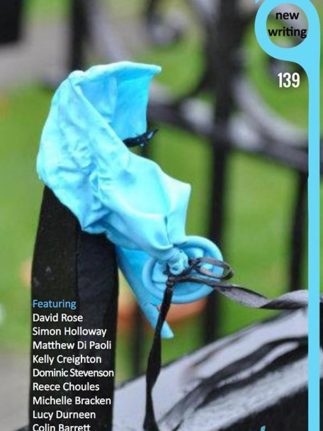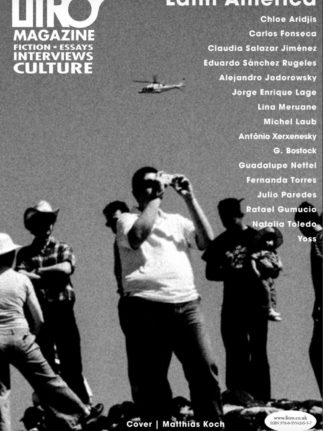You have no items in your cart. Want to get some nice things?
Go shoppingLitro 170: Back of the Bus
£13.99
This issue’s theme, “The Back of the Bus”, though fairly open to interpretation – the back of the bus might be where the cool kids sit on the way to school – inevitably calls to mind the American civil rights movement’s struggle against the injustices of racial segregation and one woman’s action to insist on a basic human right. It was only sixty-three years ago, on 1 December 1955, that Rosa Parks made history in Montgomery, Alabama by refusing to give up her seat for a white man and go sit in the segregated area of a bus. Tis act of defiance would change the course of American history and earn her the title “mother of the civil rights movement”.
Description
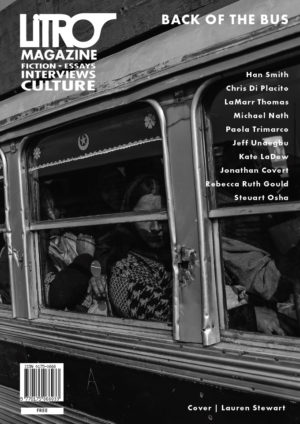
This issue’s theme, “The Back of the Bus”, though fairly open to interpretation – the back of the bus might be where the cool kids sit on the way to school – inevitably calls to mind the American civil rights movement’s struggle against the injustices of racial segregation and one woman’s action to insist on a basic human right. It was only sixty-three years ago, on 1 December 1955, that Rosa Parks made history in Montgomery, Alabama by refusing to give up her seat for a white man and go sit in the segregated area of a bus. Tis act of defiance would change the course of American history and earn her the title “mother of the civil rights movement”.
Within this month’s pages of Litro we have a bit of a mix: stories and essays more directly engaged with race and politics rub shoulders with stuff a bit more oddball. On the one hand, Kate LaDew’s “Jo Ann Robinson” is a creative non-fiction about the life and work of another great civil-rights activist; Paola Trimarco’s essay “The Broadway 36” remembers 1970s bus rides through what King had called “the most segregated city in America”; Rebecca Ruth Gould’s essay “Jim Crow in Jerusalem” explores parallels between racial segregation in modern-day occupied Palestine and Israel and in Jim Crow America; and LaMarr Tomas’s short story “A Harsh Spring Light” is about the pain and humiliation a black high-school senior is made to feel during history lessons about America’s greatest sin.
All these explicitly political pieces sit in comfortable contrast alongside stranger stories like Jonathan Covert’s “We Pick Karen”, an unusual take on office politics, envy and competition, or Elizabeth de la Forêt’s “Don’t Google Me”, in which a fifty-one-year-old woman comes unexpectedly into her heyday. Chris Di Placito’s “Animal Kingdom” follows a guy just released from prison on his bus journey back into freedom– or is it freedom? – and Han Smith’s elliptical “Reproduction Furniture” explores the aftermath of a horrible but everyday encounter on a bus. In a story set in Nigeria, “The Fulani Damsel”, by Jef Unaegbu, the narrator impulsively jumps of the bus and into another culture, to be entranced by it; and, returning to the theme we started at, in an exclusive extract from Michael Nath’s forth-coming novel The Treatment, about a fictionalised version of the Stephen Lawrence murder, a woman police officer goes undercover in a gang of racists.
And for another culture and perspective, our cover and photo series this month is “Life in Kashmir from a bus stop”,
by Lauren Stewart.

